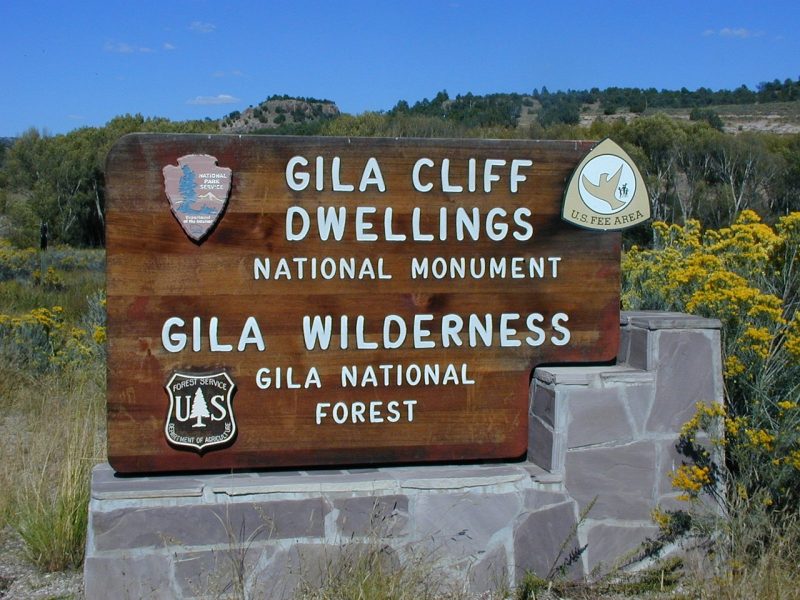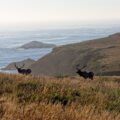Lessons Learned from a Nature Lover
In the world of environmental conservation, Aldo Leopold stands out as a visionary whose legacy continues to inspire generations of nature lovers. As a philosopher, writer, and forester, Leopold dedicated his life to understanding the intricate relationships between humans and the natural world. His ideas on conservation have revolutionized the way we perceive the environment, prompting us to rethink our relationship with nature and the ethical responsibilities that come with it. This article explores Leopold’s life and work, his impact on environmental conservation, and the lessons we can learn from his legacy.
Aldo Leopold was born in 1887 in Iowa, USA. Growing up, he developed a deep love for nature, spending most of his childhood exploring the outdoors. His passion for the environment led him to pursue a degree in forestry, and he went on to work for the US Forest Service. During his tenure, he witnessed the devastation of the natural world caused by human activity, and this experience spurred him to start thinking about the ethical implications of our actions.
Leopold’s seminal work, “A Sand County Almanac,” is a testament to his love for the natural world and his deep understanding of its intricate systems. In this book, Leopold writes about his experiences at his farm in Wisconsin, where he and his family lived for many years. Through his observations of the land and the creatures that inhabited it, Leopold developed a philosophy of land ethics that emphasized the need for humans to consider the environment in all their decision-making processes. He argued that we must recognize that the natural world has intrinsic value beyond its usefulness to us, and that we have a moral obligation to preserve it for future generations.
Leopold’s ideas on conservation were groundbreaking at the time, and they continue to inspire environmentalists and nature lovers today. His philosophy of land ethics has prompted us to rethink our relationship with the natural world and to recognize the interconnectedness of all living things. Leopold’s writings have also had a profound impact on the field of environmental conservation, influencing policies and practices that aim to protect the environment.
One of the most important lessons we can learn from Aldo Leopold’s legacy is the importance of understanding the interdependence of all living things. In his writings, Leopold emphasizes that we must see the environment as a web of relationships, rather than a collection of separate parts. This idea is echoed in the works of other nature poets such as Mary Oliver and Wendell Berry, who also write about the interconnectedness of all living things.
In her poem “Wild Geese,” Mary Oliver writes:
You do not have to be good.
You do not have to walk on your knees
For a hundred miles through the desert, repenting.
You only have to let the soft animal of your body
love what it loves.
Oliver’s words capture the essence of Leopold’s philosophy, reminding us that we are part of the natural world and that our actions have consequences for all living things. Wendell Berry’s writings also reflect this idea, as he writes about the importance of living in harmony with nature and recognizing the value of small-scale agriculture.
Leopold’s legacy also reminds us of the importance of taking responsibility for our actions and recognizing the ethical implications of our decisions. In his essay “Thinking Like a Mountain,” Leopold reflects on his role in the killing of a wolf in the Southwest. He writes:
“We reached the old wolf in time to watch a fierce green fire dying in her eyes. I realized then, and have known ever since, that there was something new to me in those eyes—something known only to her and to the mountain. I was young then, and full of trigger-itch; I thought that because fewer wolves meant more deer, that no wolves would mean hunters’ paradise. But after seeing the green fire die, I sensed that neither the wolf nor the mountain agreed with such a view.”
Leopold’s experience with the wolf taught him that we must consider the long-term consequences of our actions and that our decisions should be guided by a deep respect for the natural world. This idea is particularly relevant today, as we face a multitude of environmental challenges such as climate change, deforestation, and loss of biodiversity. Leopold’s legacy reminds us that we must act with foresight and compassion, recognizing that our actions have the power to shape the future of the planet.
Another important lesson we can learn from Aldo Leopold’s legacy is the importance of engaging with the natural world through direct experience. Leopold believed that true conservation required a deep understanding of the land and the creatures that lived on it. He writes:
“We can be ethical only in relation to something we can see, feel, understand, love, or otherwise have faith in.”
This idea is reflected in the work of other nature writers, such as Henry David Thoreau, who wrote extensively about his experiences living in the woods at Walden Pond. Thoreau believed that direct experience with nature was essential for cultivating a deep sense of connection and understanding with the natural world.
In today’s fast-paced, technology-driven world, it can be easy to lose touch with the natural world. However, Leopold’s legacy reminds us that direct experience with nature is essential for cultivating a deep sense of connection and understanding with the environment. Whether it’s taking a hike in the woods, going camping, or simply spending time in a local park, engaging with the natural world can help us develop a sense of responsibility and stewardship for the environment.
Aldo Leopold’s legacy has had a profound impact on the field of environmental conservation, inspiring generations of nature lovers to rethink their relationship with the natural world. His philosophy of land ethics, which emphasizes the interconnectedness of all living things, has had a lasting impact on the way we perceive the environment and has influenced policies and practices that aim to protect it. Leopold’s writings also remind us of the importance of taking responsibility for our actions, engaging with the natural world through direct experience, and acting with compassion and foresight. As we face the environmental challenges of the 21st century, Leopold’s legacy provides us with a roadmap for navigating our relationship with the natural world and ensuring a sustainable future for generations to come.







Comments are closed.